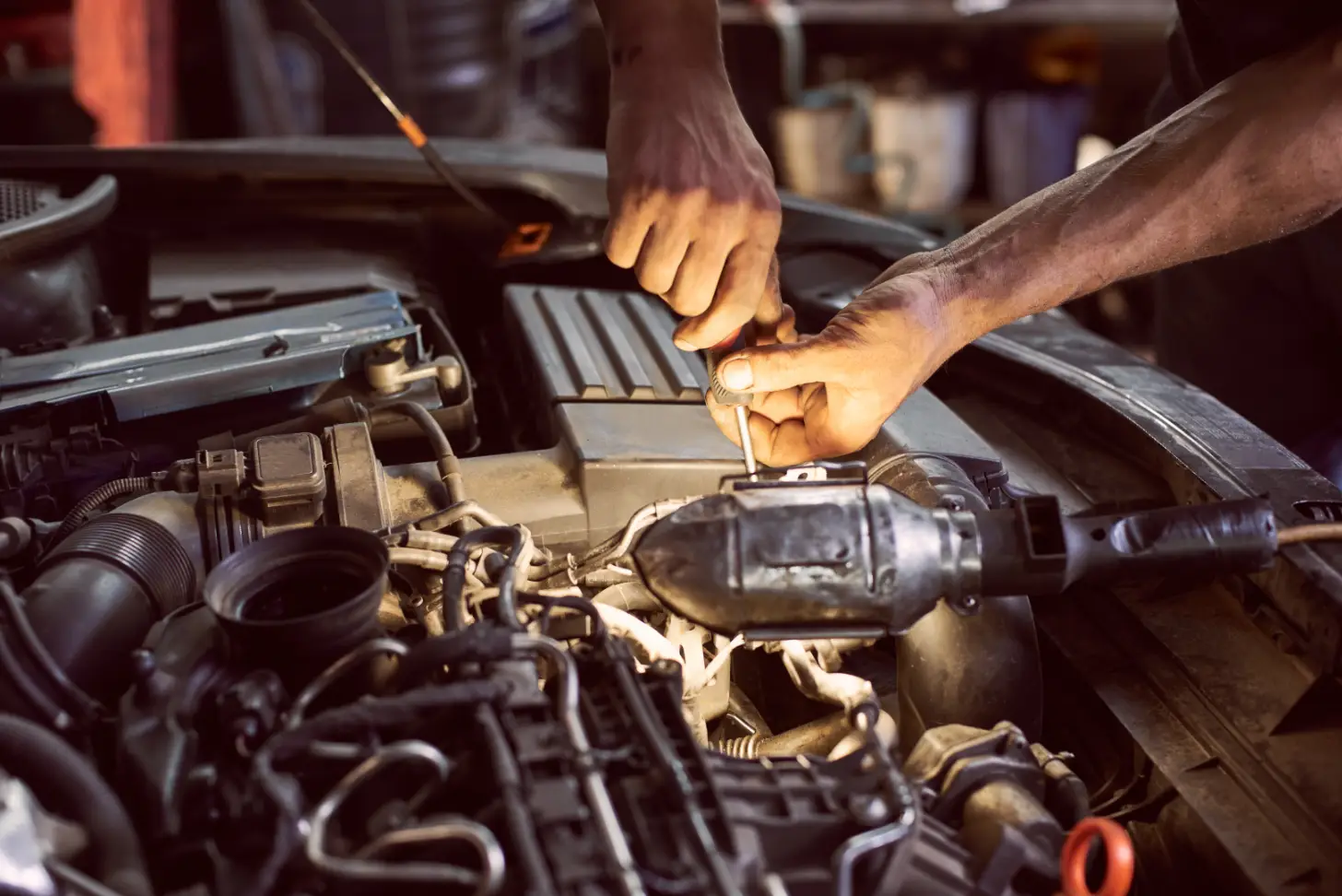5 Ways Preventive Maintenance Saves You Thousands in Repairs

When it comes to fleet reliability, preventive maintenance (PM) is a strategic investment. For companies operating out of North Charleston, PM is how fleets avoid breakdowns, keep costs under control, and stay road-ready year-round.
Here’s how a solid PM plan can stop small issues from turning into major money pits.
Importance of Preventive Maintenance
By proactively servicing critical systems, like brakes, suspension, fluids, and filters, before they show signs of failure, you dramatically reduce the risk of unexpected breakdowns, DOT violations, and costly downtime. Well-maintained vehicles operate more efficiently, use less fuel, and experience longer service lives, which means fewer capital expenses on replacements. It also helps maintain safer roads by ensuring that every vehicle in your fleet meets performance and compliance standards. In short, preventive maintenance isn't just about keeping trucks running—it's about keeping your entire operation profitable, safe, and legally roadworthy.
1. Avoiding Major Component Failures
Nothing drains your repair budget faster than a catastrophic component failure. A neglected part, like a clogged oil filter, failing fan clutch, or cracked belt, can escalate from a $150 fix to a $5,000 engine rebuild without warning. Preventive maintenance allows your technicians to spot these issues before they escalate, replacing aging parts before they cause a chain reaction of failures. For example, a simple missed coolant top-off could overheat your engine and compromise your head gasket, turbocharger, and radiator—all in a single afternoon. PM is your early warning system, and it’s far cheaper to change a part than replace an entire subsystem.
2. Improving Fuel Efficiency
Preventive maintenance plays a massive role in reducing fuel consumption, especially in high-mileage fleet operations. Sluggish performance, underinflated tires, dirty fuel injectors, and clogged air filters all cause your engine to work harder than necessary, burning through fuel to compensate. Even simple issues like misaligned wheels or dragging brakes create unnecessary resistance. When your truck isn’t running at peak efficiency, you’re burning money with every mile. By ensuring every system is optimized, PM helps you get the most out of every gallon.
3. Extending Equipment Lifespan
Regular oil changes, cooling system flushes, and drivetrain inspections extend the usable life of your equipment by years. When mechanical systems operate under ideal conditions, they wear more slowly and fail less frequently. This not only reduces capital expenditure on new vehicles, but also boosts the resale value of your existing fleet when it’s time to cycle out older units. In short, taking care of your trucks means they’ll take care of you longer, and for less.
4. Reducing Emergency Repairs and Towing Costs
Breakdowns don’t just cost you in parts and labor—they tank productivity and morale. When a rig goes down on the interstate, you’re looking at a minimum of $300–$700 for a tow, plus rush-hour labor fees and a potential missed delivery or service call. Worse, unscheduled repairs rarely happen during normal shop hours, meaning you’re paying a premium for after-hours response or roadside assistance. Preventive maintenance reduces these scenarios by catching imminent failures before they take the whole vehicle down with them. Keeping your trucks out of ditches, impound lots, and repair queues? That’s a win in every category.
5. Keeping You DOT-Compliant and Fine-Free
DOT inspections are never convenient, but they don’t have to be painful. Staying ahead of your DOT inspections, brake checks, and lighting system tests ensures your trucks are always road legal and ready for inspection. This attention to detail doesn’t just prevent fines—it keeps your trucks on the road and your compliance scores clean.
Here’s what routine PM covers that directly impacts your DOT score:
- Air brake system condition and adjustment
- Proper tire tread depth and inflation
- Functional lights, reflectors, and turn signals
- Suspension and steering system integrity
- Leak-free fuel, oil, and exhaust systems
Conclusion
From the moment you turn the key to the last mile of a delivery, preventive maintenance protects your truck, your budget, and your reputation. It’s more than a routine—it’s a forward-thinking, cost-saving strategy that catches small problems before they become fleet-killers. Whether you're trying to improve fuel efficiency, pass your next DOT inspection, or just keep your drivers rolling safely through the Carolinas, PM is your fleet’s first line of defense.
Ready to put your maintenance strategy into drive? Call Pal Pro Fleet Services in North Charleston today and ask how we can build a custom PM plan for your fleet.
